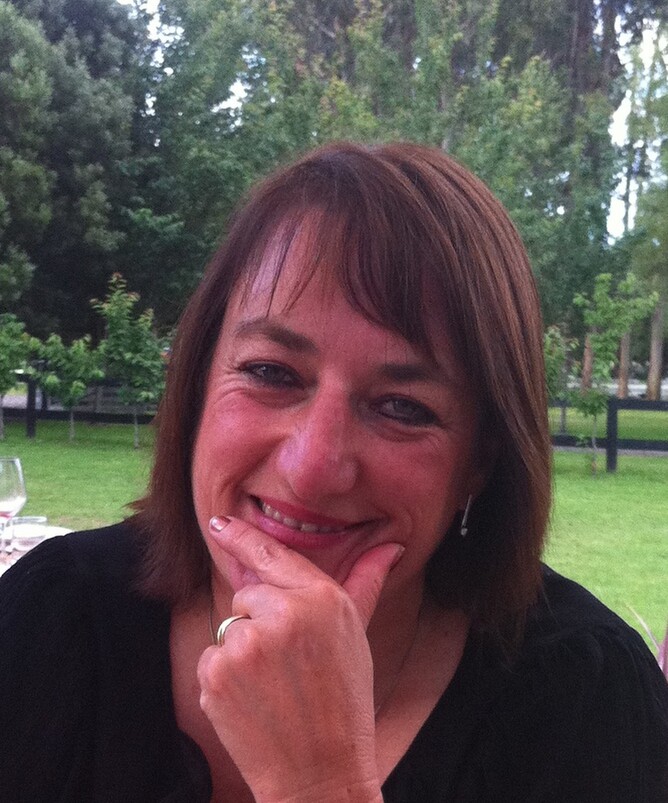Since the start of February, five people in my life have passed away. Fraser (52) after a long and brave battle with Motor Neuron Disease, Peter (78) had prostate cancer, but his death was sudden and Helen (90 1/2) my role model and mentor on how to age with dignity and elegantly. These were followed by two sudden deaths - my aunt Robyn (68), from septicemia from food poisoning and Matt (52) our long time beloved family lawyer of a massive heart attack.
Although I talk to clients regularly about dying and how to prepare for it from a financial planning perspective, when people that are a key part of your life pass away, it gives pause to think about the meaning of life and in particular about the meaning of that persons life to you.
With these five people, I was unable to attend any of the funerals. For three of them, it was not geographically possible for me to make it to their funerals sadly. But the reason that I am writing this blog post is because for two of these funerals, I didn't have choice. The family decided that the funerals would be private, or by invitation only. Of course, it is the family's choice about what they do and that choice is to be respected, but these two decisions generated a lot of discussion amongst the people who weren't able to be at those funerals.
What is a funeral for?
After many discussions, I have come to the conclusion that funerals are for the living, not for the dead. Funerals are a time to remember that person, to celebrate their lives, to share in their lives.
Everyone will have a different experience and memory of the person, they will have seen different sides to that person. For example my fitness trainer, Sally, sees a different side to me when I am trying to achieve the exercises she has prepared to me, to the side that my clients will see. My cycling buddies will see a different side to me to the people that listen to me present a speech or seminar. My family has different experiences of me to the people I work with.
I have great memories of the five people that have gone from my life, and for me, a funeral is the opportunity to share my experiences and memories and to learn about the other things that they did. The funeral is an opportunity to fill in the gaps, to understand the other things that they have done, the other people that they have touched during their lives.
Over the years, I have been to a number of funerals - some religious, some (for younger people usually) - a great party and celebration of their lives. One of the most memorable was a terrific funeral for Bruce in Wellington where there were fantastic speakers. I learned so much more about him and his life and came away with even more admiration of Bruce than I already had.
Should you have a funeral for your loved one?
In my opinion you should, but you may choose to have a memorial service instead and have the funeral for the close family. The purpose is to help the other person in your loved ones life grieve, remember and share.
Fortunately, I had the opportunity to attend an unofficial 'drinks to celebrate' the life of one of the people where the funeral was private. It was great. Lots of people got up and shared memories and stories. A strong theme came through of a caring, loving, astute person that rounded off my knowledge and experience. There were no formal ceremonies - just some pictures shown on the wall, a few drinks, lots of stories and a toast.
What do you say to the persons loved ones?
Like a traumatic illness or injury, it can be difficult to know what to say when someone dies. It is important not to offend of course, but my wise mother has taught me that the best thing to do is to share a good story, an experience, some information on how that person touched you. As long as your story is a positive one, it enables their family and loved ones to see those other sides to the person, to understand how much they were valued and appreciated.
When I had a partner pass away 20 years ago, I was sent a lovely poem from a friend called 'I stood by your bed last night'. WARNING - if you have lost someone close to you it is likely to bring you to tears. When I feel it is appropriate I send this poem to the loved ones, along with a hand written card with a personal note. It isn't difficult to do and from experience, it is appreciated.
So, back to your funeral?
Most people don't like talking about dying. But have a think about what you would like to happen when you pass away. What kind of funeral would you like? In a church? In a chapel? Outdoors? What music would you like? What readings? Who would you like to do 'the talk' (more commonly known as a eulogy).
If you are ready to start thinking about this, here is a Funeral Planner for you to download and fill in. Make sure that you share it with your family so that they know what your wishes are.
The-Funeral-Planner-Moneyworks-1
If you have any thoughts or opinions that you would like to share, visit us at our Twitter, Facebook or Linked In pages, and comment.
For more blog entries that you might be interested in:
How are you more likely to die?
How life insurance works – Nick’s story
Insurance Cover and Policy Wording Passback – what does this mean?
By Carey Church






